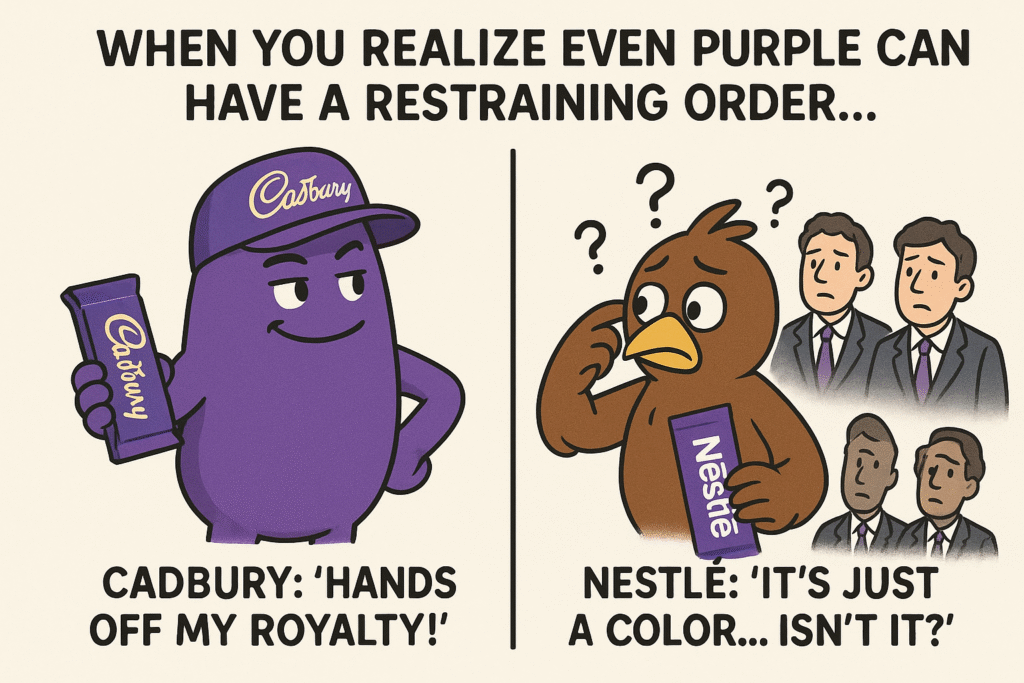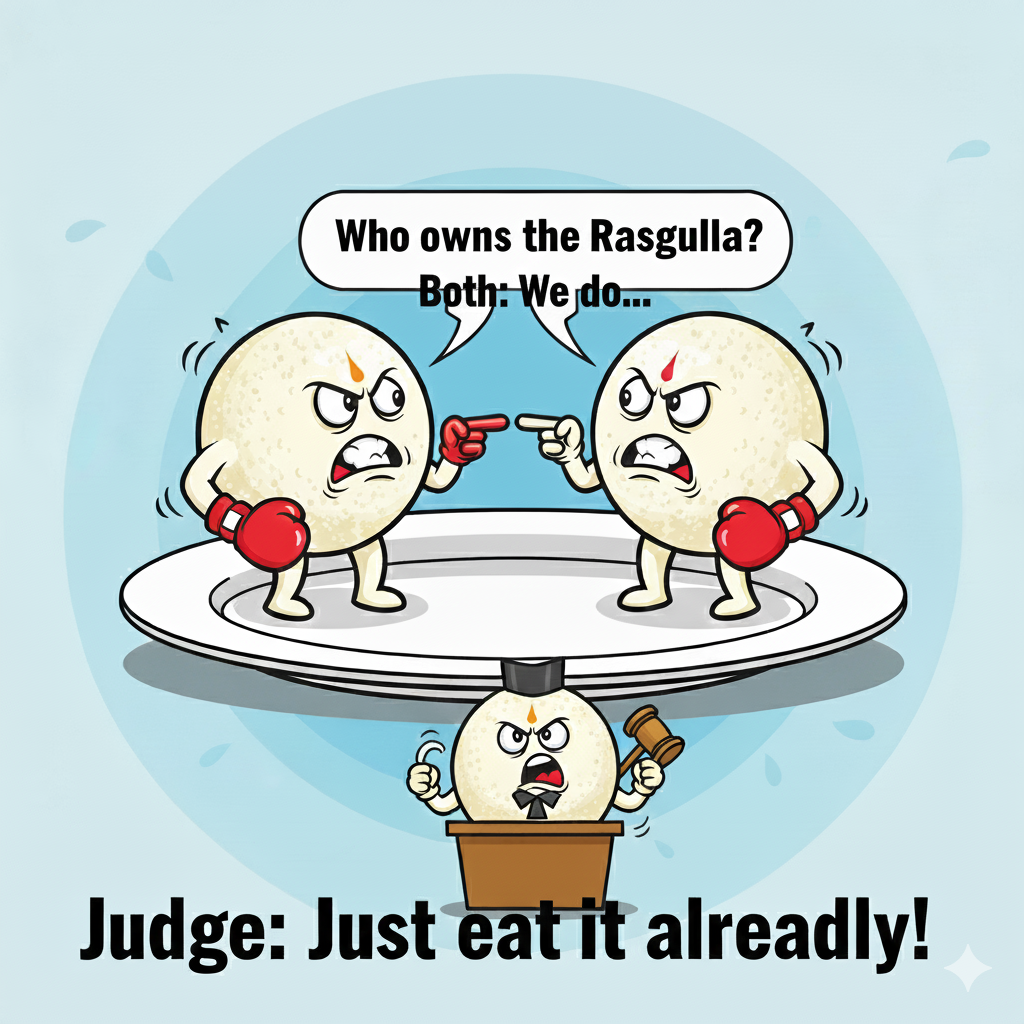The legal implications of MS Dhoni’s attempt to trademark the moniker bestowed upon him by admiring fans are complex, with valid arguments on both sides. While the former Indian cricket captain understandably aims to protect his hard-earned reputation and the financial opportunities associated with it, allowing unilateral ownership of identity risks stifling the expressive freedom of others. Perhaps an equitable solution exists whereby Dhoni’s proprietary claim is balanced with the ability of the public to engage enthusiastically in celebrating their heroes through allusion and allegory. This nuanced legal tussle provocatively brings intellectual property concepts into confrontation with questions around cultural ownership and the relationship between celebrities and their audiences.
📜 The Trademark Journey So Far
- Filed in June 2023 under Class 41, which includes sports coaching, training, and entertainment services.
- Published on June 16, 2025 by the Kolkata Office of the Trademarks Registry, triggering a 120-day opposition window.
- Dhoni’s team amended the application to claim usage since 2008, but critics argue this was done without sufficient evidence like invoices, ads, or licensing documents2.
⚔️ The Legal Opposition: Who and Why?
The Opposition by KAnalysis Attorneys at Law
KAnalysis Attorneys at Law, led by advocate Nilanshu Shekhar, filed a formal notice of opposition during this 120-day window. Their arguments against Dhoni’s trademark registration were both substantive and procedural in nature. Shekhar outlined several complex objections to the registration, questioning both the validity of the application and whether proper procedures were followed in reviewing and approving it. The firm intends to use all options available to make their case and ensure their client’s interests are properly represented and protected throughout the process:
- Generic and Descriptive Nature: KAnalysis proclaims that the moniker “Captain Cool” characterizes an easygoing leader who remains placid under pressure. They contest that this brand is too customary and explanatory to warrant proprietary rights. The organization highlights how newspapers employed the sobriquet for cricketers other than Dhoni, such as Sri Lanka’s Arjuna Ranatunga, before it grew synonymous with the former Indian captain. Awarding sole domain over a prevalent catchphrase essentially due to celebrity could establish an injurious norm within India’s framework protecting creative works and distinctive signs. While Dhoni’s exploits unquestionably popularized this designation, its lack of one-to-one coupling with him from the beginning suggests the term sits outside the bounds of exclusive branding.
- Lack of Evidence for Prior Use: Though Chennai Super Kings maintained that Dhoni’s team had used the logo since 2008, KAnalysis argued this was not the case. No substantial evidence such as affidavits, invoices, advertisements, or user statistics were provided to back up the assertion of consistent commercial application for entertainment services under Class 41. Simply submitting a late affidavit without additional proof did not satisfy the evidentiary requirements for claiming distinctive character through use. Lengthy legal battles ensued as the two sides disputed whether the logo had become uniquely associated with Dhoni’s franchise through recognition and use over time.
- Procedural Irregularities by the Registry: While Captain Cool’s backers allege procedural failings by the Registry, Dhoni’s devotees defend the decision. They argue the earlier citation involved an unaffiliated entity and concerned a non-identical mark. Citing Section 11’s flexibility, they insist any ambiguity was minor and did not rise to the level of outright violation. Meanwhile, the Registry stands by its ruling, stressing all parties received fair review and the contested applications differed sufficiently in meaning. With appeals still underway, the public debate rages on various technical points around trademarks, due process, and the fine lines between praise for a hero and profits from their name.
🧠 Legal Questions Raised
This case is a litmus test for Indian trademark law:
- Can fan-given nicknames be monopolized?
- Does celebrity status justify exclusive rights?
- What counts as commercial use in trademark terms?
Under Section 21 of the Trademarks Act, 1999, Dhoni must now file a counterstatement within two months. The Registrar will then initiate hearings and evidence review.
💼 Branding & Commercial Stakes
If Dhoni wins:
- He gains exclusive rights to use “Captain Cool” in sports academies, entertainment ventures, and endorsements.
- He can license the mark, issue cease-and-desist notices, and expand into other trademark classes like apparel or digital media.
If he loses:
- The nickname remains in the public domain, and others may use it commercially.
- It could discourage other celebrities from trademarking fan-generated identities.
🌍 Global Context: What Other Athletes Did
Dhoni’s move mirrors global icons:
| Athlete | Trademarked Identity | Commercial Use |
| Michael Jordan | Air Jordan | Nike sneakers, apparel |
| Cristiano Ronaldo | CR7 | Fashion, hotels, fitness |
| Usain Bolt | Lightning Bolt pose | Apparel, branding campaigns |
These cases show that distinctiveness + commercial use = successful trademark protection.
🧩 What Comes Next?
The case will now advance to the formal objection proceedings as stated in Section 21 of the Trade Marks Act of 1999. Dhoni’s team must submit a counter-argument responding to the objection and furnish evidence supporting their claim of acquired distinctiveness through previous usage. Both parties may have to present witnesses and go through hearings before the Trademark Registry.
The determination of this high-profile lawsuit will be closely watched by intellectual property experts, brand owners, and celebrities alike, as the ruling could substantially influence how personal brands and descriptive marks are handled under Indian trademark law. The dispute over “Captain Cool” is poised to serve as a litmus test for the evolving role of intellectual property in celebrity culture and the constantly changing boundaries of the public domain.







